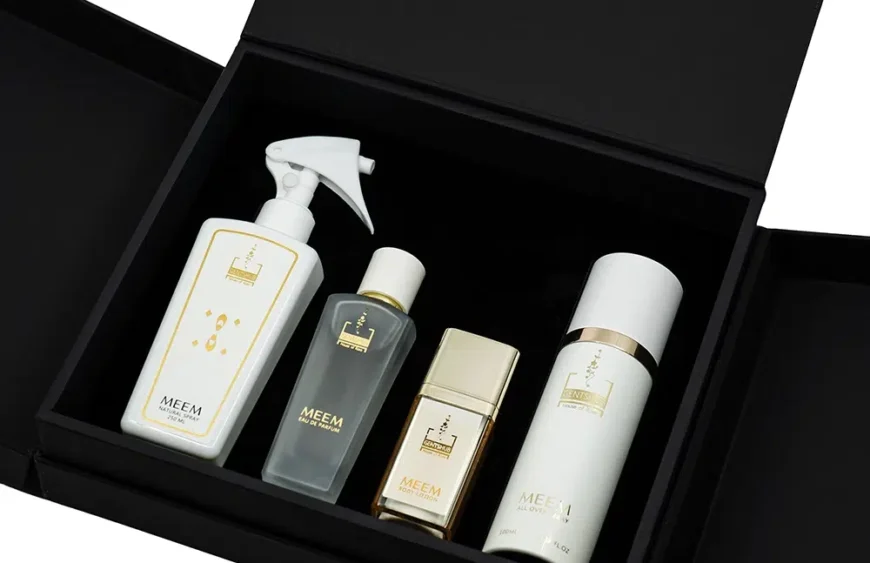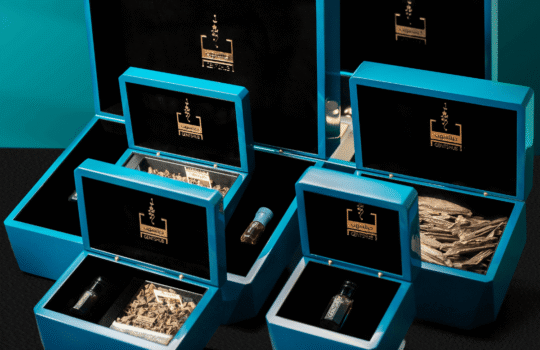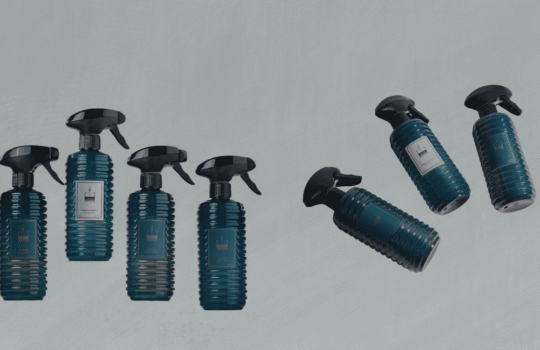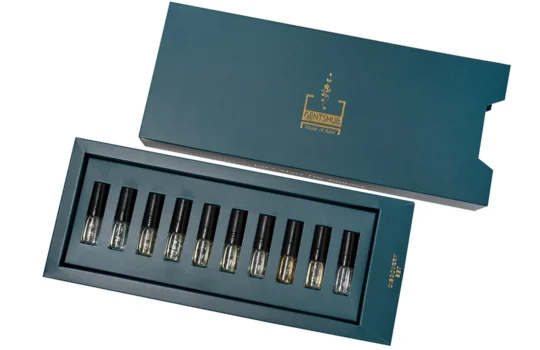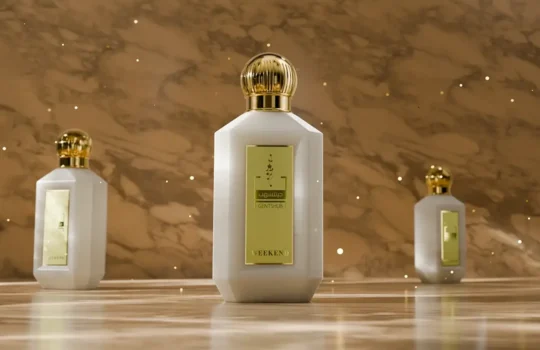Ancient times are the beginning of the long history of perfumes and fragrances. Perfumes have been utilized ceremonially and for utilitarian purposes since the time of the Egyptians and the Romans. The fragrant story possesses so many things that seem very lovely to explore. Luckily The history of science, and the development of scents will all be covered in this blog post.
So, Here wo go!
How the Word “Perfume” Came into Being
The history of the word “perfume” is long and fascinating, going all the way back to the beginning. The Latin phrase “per fumum,” which means “through smoke,” is where the name itself derives. In order to produce a pleasing scent, people have long burned incense and other fragrant compounds. However, this was not the only method used in the art of perfumery; other methods included the extraction of essential oils from flowers, herbs, and other plants. To smoke through is how this procedure was referred to as “per fumigare.”
As perfumery progressed, the term “perfume” began to refer to the skill of generating odors using a variety of techniques, such as extraction and distillation. The term “perfume” is now linked with the opulent and seductive world of scents, conjuring up thoughts of sophistication, glamour, and sensuality. And has become the genuine and globally used term; the perfume of the world.
Perfumery – Since the Ancient Times
History of perfume tells us several consequences that it came through. For example, Ancient Egypt is the first place where perfumes are known to have been used. Perfumery has existed for ages. In religious rituals and daily life, the ancient Egyptians utilised perfumes to enhance hygiene and cover up offensive scents. They utilised scents to treat a variety of illnesses because they thought they had therapeutic properties.
In order to prevent the smell of decay and ensure a peaceful afterlife, the Egyptians frequently used perfumes in their burial practices because they thought they were a method to communicate with the gods. In order to produce perfumes, they would burn natural ingredients like resins, myrrh, and frankincense in specialized censers.
It was also well recognized and frequently practiced to extract essential oils from flowers, herbs, and other plants. The oils were extracted using specialized equipment and methods, and a variety of perfumes were then made by combining the oils with additional substances. But it’s not done yet, the fragrant story has more amazing facts from which it came through and became the fragrance of the world.
Europe Has Also Enjoyed The Perfumery Benefits
European kingdoms of the rich and powerful saw a rise in the use of perfumery during the Middle Ages. Explored how fragrances were utilised as status symbols and how the era’s perfumers invented new methods to produce aromas with greater complexity.
The Science Behind Perfumery
The technique of making scents by combining essential oils, aroma compounds, fixatives, and solvents is known as perfumery. It is both an art and a science. It takes talent and ingenuity on the part of the perfumer to pick the ingredients that go into a fragrance to produce a particular scent.
Ingredients may be synthetic or natural, such as fragrance compounds or flowers, fruits, herbs, and spices. These components can be extracted using a variety of techniques, including solvent extraction, distillation, expression, enfleurage, and CO2 extraction. After the ingredients are extracted, perfumers utilise their expertise to combine them in a way that results in a pleasing and alluring aroma.
By using computer programmes to recreate scents and test them before making the final product, perfumers can leverage the most recent technology to produce new and distinctive aromas.
Then Came An Evolution
The fragrance of the world we see today was not like that for always. It has experienced several rise and falls. Since its early beginnings, fragrance has advanced significantly. Essential oils from flowers, herbs, and other plants were once used to create perfumes. The ceremonial and practical uses of these smells included disguising offensive odours and religious ceremonies.
The practise of perfumery developed with time, and perfumers started utilising fresh methods to produce scents with greater complexity. The use of synthetic substances has replaced the usage of natural materials like flowers, herbs, and spices, allowing perfumers to produce novel and enticing aromas.
The fragrance industry developed along with technological advancements and has left behind the history of perfume and conventional techniques far away. Essential oils began to be extracted by perfumers using novel methods like distillation and enfleurage, while synthetic elements started to be employed to create perfumes. The development of more consistent, long-lasting, and reasonably priced perfumes was made possible by these new methods and materials for the perfume industry.
Today’s perfumers keep expanding the scope of what is conceivable in the fragrance industry. In addition to experimenting with novel components and materials, they are leveraging new technology to develop novel and interesting perfumes. The perfumery industry is continuously changing, and perfumers are continually searching for fresh approaches to developing lovely and alluring scents that would appeal to their buyers.
Final Thoughts
The future of perfumes and scents is very promising and ever-lasting. We can surely comprehend the talent and chemistry that go into making a lovely aroma if we are aware of the history of perfumery.
There is many more to explore in the fragrance, stay connected with GentsHub and keep exploring the amazing world of pleasant perfumes with us!









